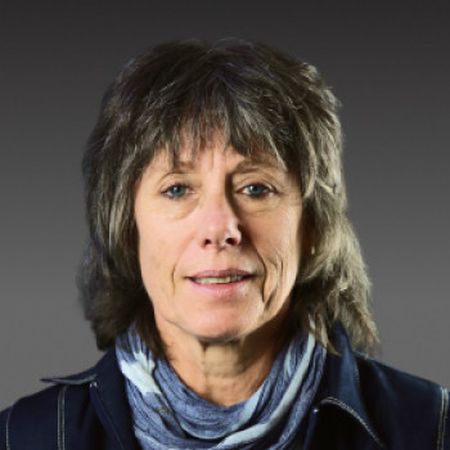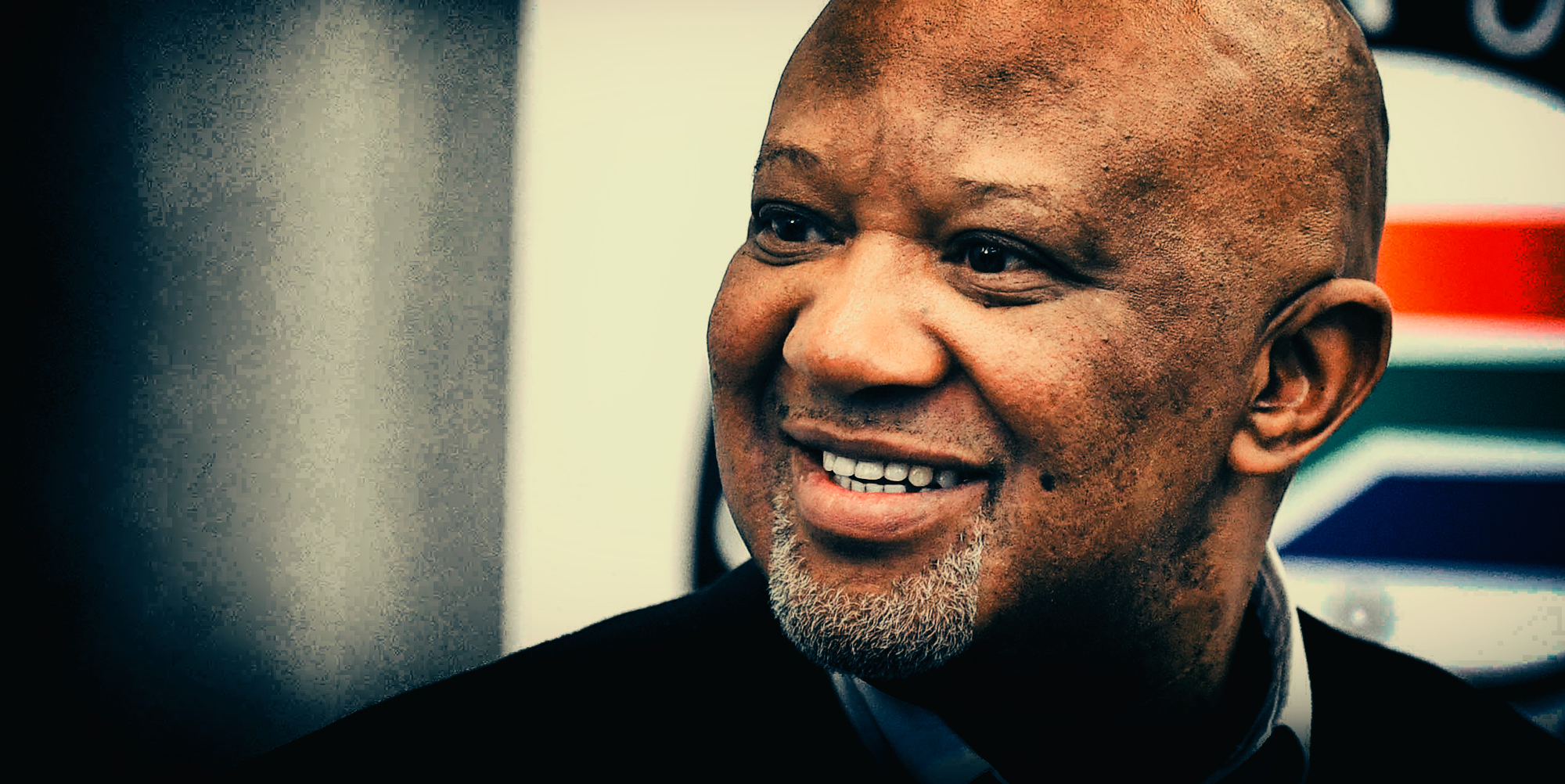In an interview with Daily Maverick, former deputy minister of finance Mcebisi Jonas revealed that President Cyril Ramaphosa, while Jacob Zuma’s deputy, had, in fact, directly attempted to mitigate some of the damage caused by decisions made by Zuma and the party.
While many have criticised Ramaphosa’s testimony to the Zondo Commission, as it wrapped up in August, as tepid and more political performance than solid explanation, Jonas said there were areas where Ramaphosa, as deputy president, did push back but that were not disclosed to the commission.
“When you listened to what the president said, there is an assumption created that quite frankly he did nothing, that he did nothing to intervene,” said Jonas, “when in fact the truth of the matter is there were many occasions when he did.”
Jonas revealed that it was Ramaphosa, as deputy president of the ANC and head of the deployment committee, who had led the charge against the appointment by then-president Jacob Zuma of Des van Rooyen as finance minister in December 2015 after firing Nhlanhla Nene.
As one of the early whistle-blowers – it was the Financial Times of London that broke the story in March 2016 that the Gupta family had directly approached Jonas to replace Nene – Jonas found himself in the eye of the hurricane.
Four days after appointing Van Rooyen, Zuma uncharacteristically backtracked and reappointed Pravin Gordhan, who had been finance minister from 2009 to 2014.
It was a turning point in the “silent coup”, as Jonas has described it, by the Zuma/Gupta nexus to capture all institutions of the state.
Jonas set out how Treasury Director-General Lungisa Fuzile and himself had separately met with Ramaphosa early one morning after the announcement of Van Rooyen’s appointment, as both men had considered resigning from the Treasury.
“He was very firm, saying, ‘Don’t resign, give me until the weekend and if by Monday I have failed to reverse this you can resign and I might even do so myself,’” recalled Jonas.
On Sunday Ramaphosa called Jonas to inform him that Gordhan had been appointed: “Listen, it has been reversed. Pravin has been appointed.”
It was also Ramaphosa, he said, who had pushed back when there was discussion within the party to put pressure on the Treasury to intervene in the decision by South African banks to close Gupta-related accounts.
“There he stood up against the tide and said South Africa had a Constitution, it had laws and that the minister of finance should not intervene.”
With regard to the R1-trillion Russian nuclear deal, Jonas said there was an understanding and discussion generally that it would be a terrible deal for the government and the country and it was Ramaphosa’s instruction to walk it along as long as possible.
“He said that by the time we have to make a decision Zuma will be gone. He told us to find everything in the book to delay,” Jonas said.
Then there was the controversial establishment of the Border Management Agency (BMA) which would have hoovered R300-billion out of the SA Revenue Service (SARS) and placed it under the auspices of Home Affairs.
https://www.dailymaverick.co.za/article/2018-05-28-border-line-insane-the-silent-coup-that-could-change-the-country-forever/
The BMA would have removed the functions of customs and excise from SARS and in so doing a significant portion of South Africa’s revenue.
Jonas revealed how this move was resisted and that Rampahosa had tried to intervene, having seen the red flags on the horizon. In that instance he failed. And while the act was passed setting up the agency, nothing has been implemented.
With regard to the Zondo Commission itself, Jonas said that unlike most commissions, which often ended up as political exercises, the fact that evidence given will be used to prosecute wrongdoers “was a turning point”.
“But the commission also helped in many other ways, most crucially bringing a body of evidence and detail that showed that State Capture is a reality in all its manifestation,” he said.
Fears that the commission, like elsewhere in the world, would be used to delay prosecutions were allayed when approval was made for some of the evidence led to be used by law enforcement authorities.
“That broke the trend,” said Jonas.
He added, however, that this was “a double-edged sword” as the prosecution of Bosasa’s Angelo Agrizzi after his testimony to the commission might have frightened others from coming forward.
Another major benefit, if it can be described as such, was that the commission led to a clearer understanding of State Capture and corruption on the one hand, and the suppression of the Constitution and democracy on the other.
“We would never have understood the connection between the two and of protecting the Constitution and the rule of law,” said Jonas.
What the Zondo Commission also exposed was how the ANC, with its Marxist tradition, viewed the state as an instrument of the party.
“For those who win elections it is an instrument to advance their policies and people, but in that notion of the state being an instrument lies the conflation between the state and the party and this undermines the citizenry.”
The commission had exposed, he said, that the “state was always in service of the party”.
When political parties “degenerate ethically and politically” this found expression in the state, “because in your view you don’t make the distinction”.
The role of citizenry, it was clear from the commission, was “not understood and enhanced as central”.
Changing the electoral system in South Africa would not change the fact that “we still have political parties that are fundamentally and politically flawed”.
The commission, he said, also revealed the direct link between corruption, State Capture and existing structural factors in the country’s economy where those with political power have no economic power.
“The wealth creation process is still via the route of using rents as a basis for creating power. In a context like this, institutions and the state will always be vulnerable.”
Wealth should be created by an economy that was driven through innovation and growth, and that was not dependent on rent-seeking.
What South Africa needs, he added, was a momentum set by civil society and active citizenry that would provide pointers for setting a new agenda for the country.
“Hopefully, the political parties will catch up.” DM





 Mcebisi Jonas. (Photo: Gallo Images / Netwerk 24 / Deaan Vivier)
Mcebisi Jonas. (Photo: Gallo Images / Netwerk 24 / Deaan Vivier)